Welcome to the MASTS Numerical & Experimental
Hydrodynamic Modelling Forum
This Forum provides a platform for knowledge exchange (information, education, networking), enabling the MASTS community to collaborate on Hydrodynamic Modelling Research. As models are used to simulate numerous oceanic activities, their broad range of applications require the expertise of a wide variety of disciplines.
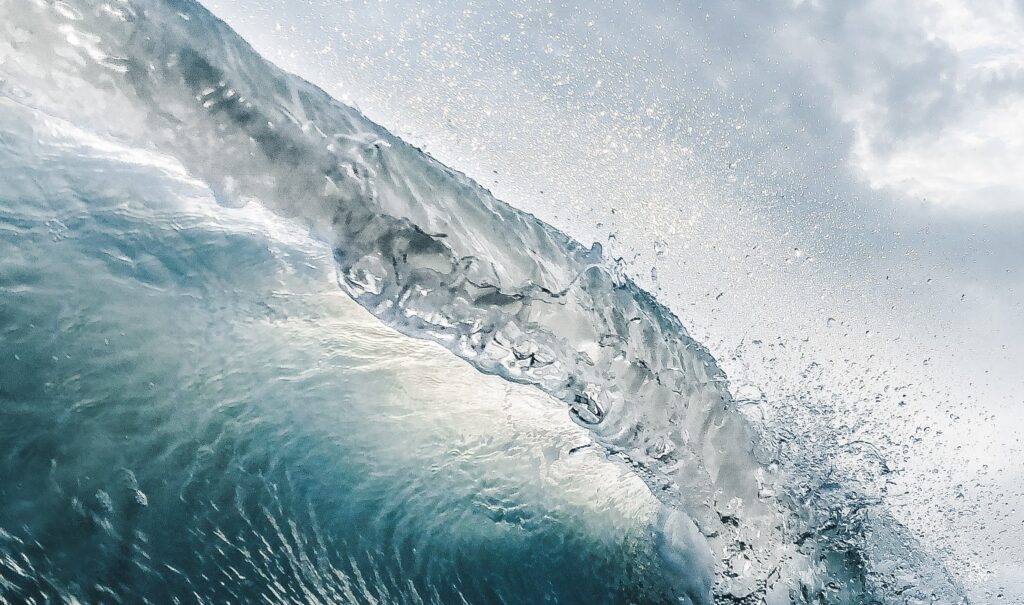
Established within the Dynamics and Properties of Marine Systems Research Theme, the MASTS Numerical and Experimental Hydrodynamic Modelling (NEHM) Forum exists to promote numerical and experimental hydrodynamic modelling within Scotland, and to provide a platform for bringing together the scientific community to address current and future research needs.
Both numerical and physical models are used to simulate estuarine, coastal and ocean-scale flows, and as such have a broad range of applications, from environmental assessment, to marine energy, to climatology. MASTS members have research expertise in these areas, which can be seen below.
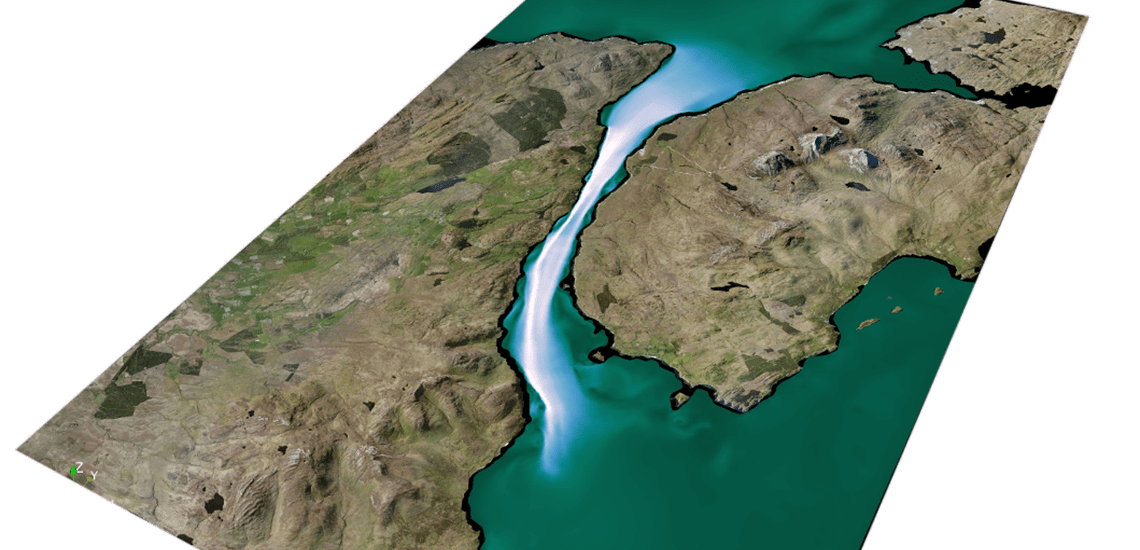
Soon to come: Modelling of Scottish Coastal Waters – A Roadmap for Enabling Stewardship
Like many scientific areas, the modelling of Scottish Coastal Waters is a diverse and evolving topic. Even practitioners in the area can find it difficult to keep track of the broadening applications and new technological approaches. This Roadmap, created by the NEHM Forum, aims at serving as a “living document” to provide access to this topic by gathering relevant information in a single place and allowing new information and ideas to be contributed by the community.
The Roadmap will soon be linked here – Sign up to the MASTS Newsletter to stay in the loop!
Marine Ecosystem Modelling
The Marine Science Coordination Committee (MSCC) and MASTS are working with ecosystem modellers across the UK to increase the impact of ecosystem models on policy development and management. Learn more about MASTS members and their work with MSCC here.
How can ecosystem models be used to support marine management and policy? Find out more here!
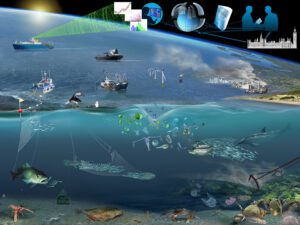
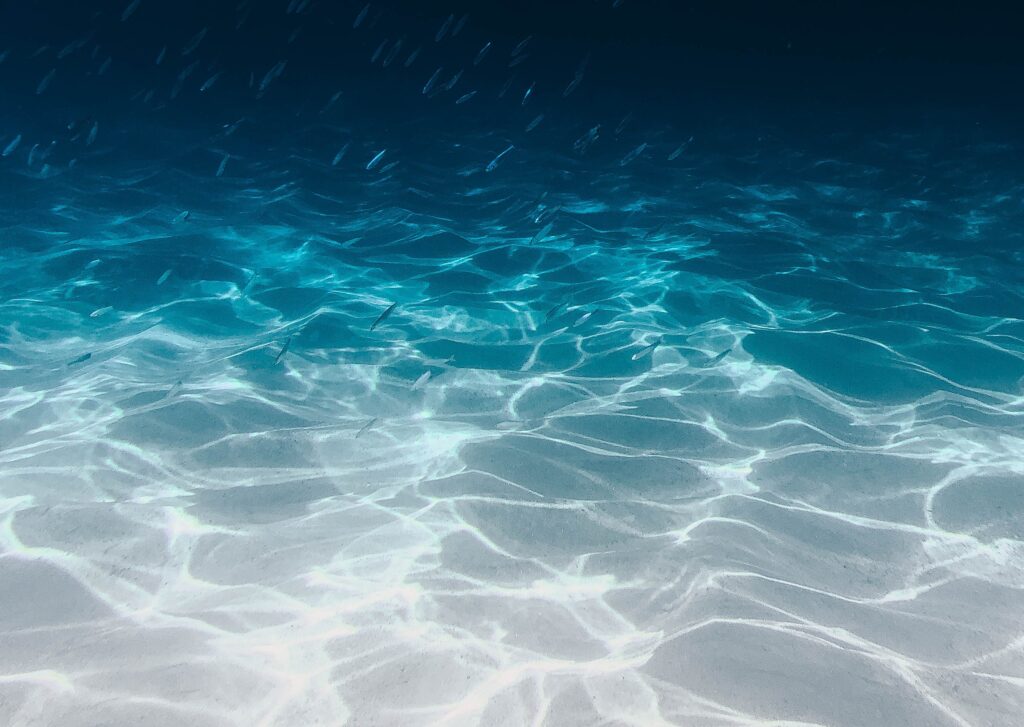
Rory O’Hara Murray
– Marine Directorate
Physical Oceanographer
Interests: Marine Renewable Energy | Oceanography | Environmental Issues for Offshore Renewable Energy | Modelling Hydrodynamics of fast tidal stream | Tidal-stream turbines and blue economy

MASTS was founded in 2009 to be a unique collaboration between marine research organisations, government and industry.
Charity Number: SC045259
Company Number: SC485726


We’re working behind the scenes to bring you a suite of useful, and updateable, resources including:
If you would like to be updated when the resources section is live please let us know.